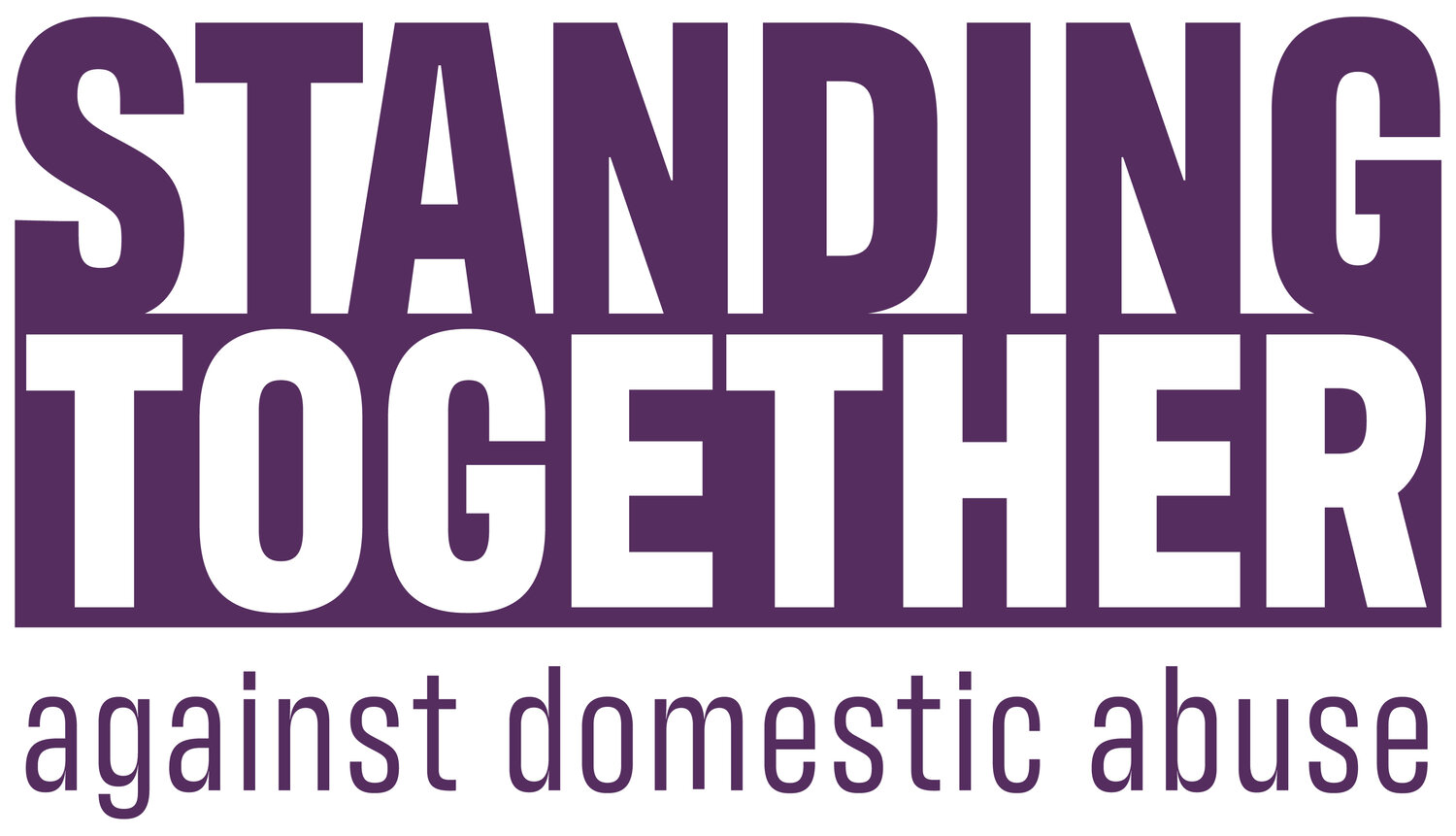Standing Together responds to the Sentencing Review and Government’s Recommendations
The publication of the Independent Sentencing Review marks a pivotal step in reforming sentencing practices in England and Wales. Standing Together Against Domestic Abuse welcomes the Government’s acceptance of almost all the recommendations, particularly those that acknowledge the urgent need for a more survivor-centred, trauma-informed, and coordinated approach to domestic abuse.
Having taken the time to consider the published recommendations, we are immensely pleased that evidence submitted by Standing Together is cited throughout the report, with particular recognition for our work around Specialist Domestic Abuse Courts (SDACs). For over two decades, we have led the development of the SDAC model — a coordinated, multi-agency approach that improves outcomes for survivors, holds perpetrators to account, and strengthens community safety without compromising judicial independence. The Government’s commitment to expand SDACs is a vital and long-overdue step toward a more just and effective criminal justice system.
“Survivors deserve a justice system that understands the complexity of abuse, responds with compassion, and takes coordinated action. We welcome the commitments to expand Specialist Domestic Abuse Courts, strengthen transparency, and reduce the criminalisation of women. Standing Together look forward to our continued work with our partners and the Ministry of Justice to embed a coordinated, trauma-informed response that puts survivors’ safety and dignity at the centre.”
— Cherryl Henry-Leach, CEO, Standing Together Against Domestic Abuse
Other accepted recommendations we strongly welcome include:
• A new domestic abuse flag to identify perpetrators and improve agency response.
• A redefinition of sentencing principles to include victim protection as a core purpose.
• Mandatory training for judges and CJS practitioners on domestic abuse, developed in partnership with the VAWG sector.
• A £700 million investment in probation services, including strengthened tagging and monitoring of perpetrators.
• Clearer processes to ensure restraining orders (ROs), non-molestation orders (NMOs), and domestic abuse protection orders (DAPOs) are appropriately applied and enforced.
• Reforms that aim to reduce the imprisonment of women, especially those criminalised due to their own experiences of abuse, including alternative sentencing and greater support in the community.
We are encouraged by the recognition of services like the London Women’s Diversion Service, and look forward to further investment in specialist services that support criminalised women.
While these reforms are promising, we echo concerns raised across the Violence Against Women and Girls (VAWG) sector:
• The early release of violent offenders, especially where domestic abuse was not the index offence, must be carefully managed to avoid increased risk to survivors.
• Probation funding must be directed toward evidence-based, multi-agency perpetrator programmes co-developed with the VAWG sector.
• Multi-agency information sharing must be consistent, timely, and survivor-focused — the Coordinated Community Response (CCR) model should be embedded as standard practice.
• Breaches of orders and licensing conditions must result in swift and decisive enforcement, including custodial recall where necessary.
• The Government must urgently act on the recommendation to examine how the justice system disproportionately impacts marginalised groups, including racially minoritised communities, neurodiverse individuals, people experiencing homelessness, and those with substance use issues.
“While we welcome key commitments from the Ministry of Justice, such as the expansion of SDACs and new monitoring systems, we remain concerned about gaps in implementation. These include managing early release of perpetrators, lack of clear structures for multi-agency working, and the need for urgent action on breaches of protective orders. We encourage the Government to expediently ensure survivor safety is prioritised, and that the Coordinated Community Response model is embedded as standard practice.”
— Cherryl Henry-Leach, CEO, Standing Together Against Domestic Abuse
